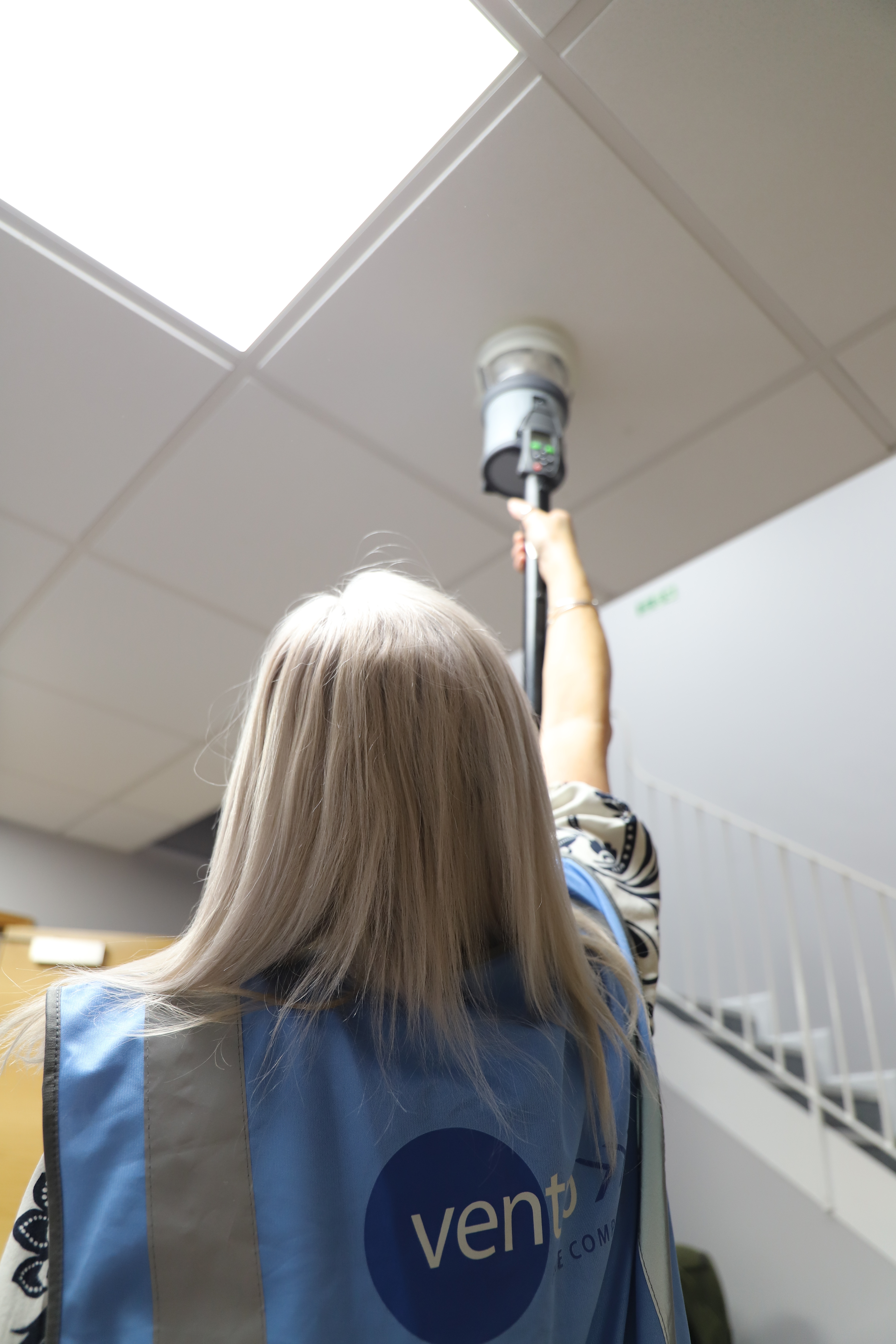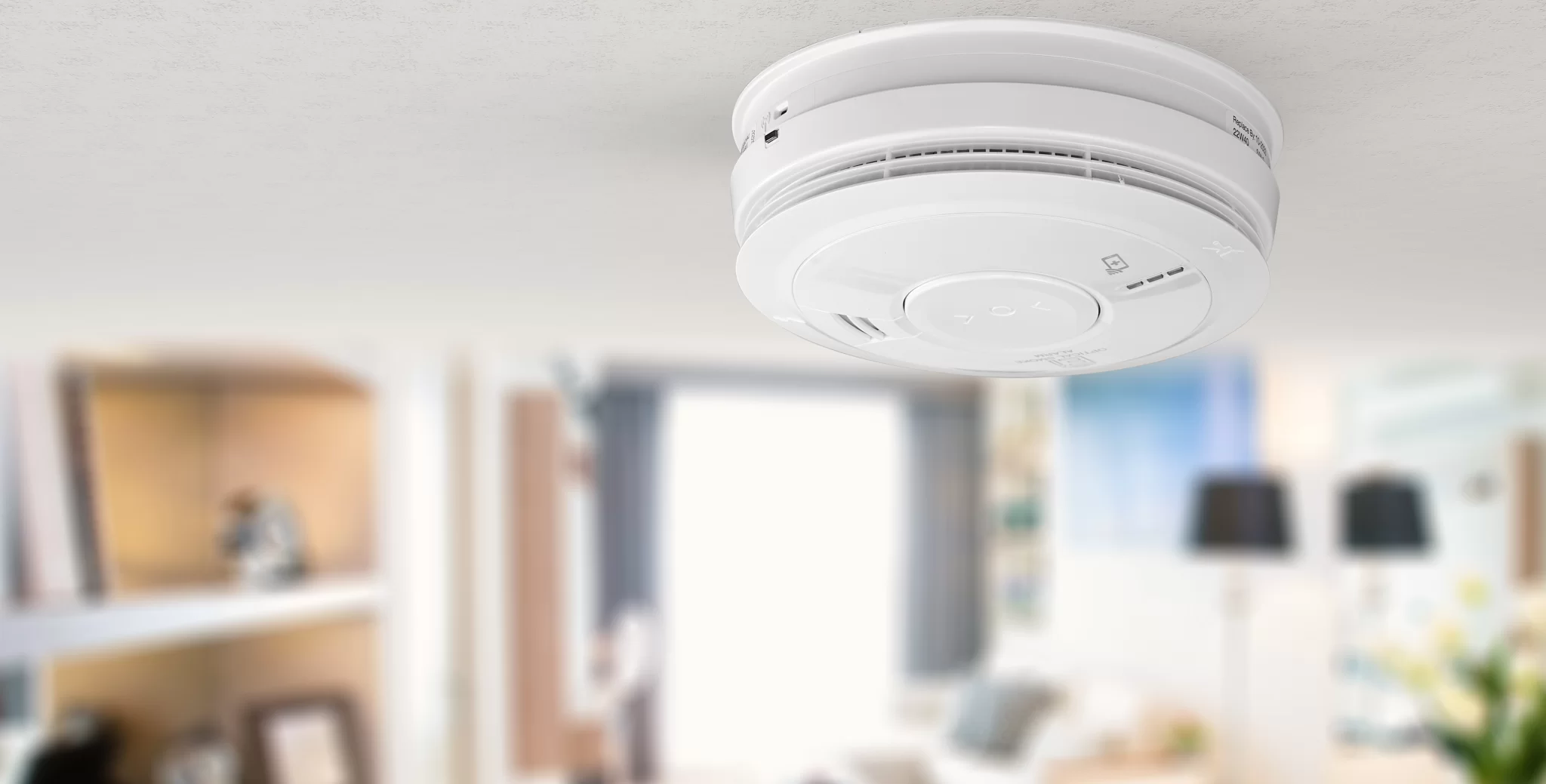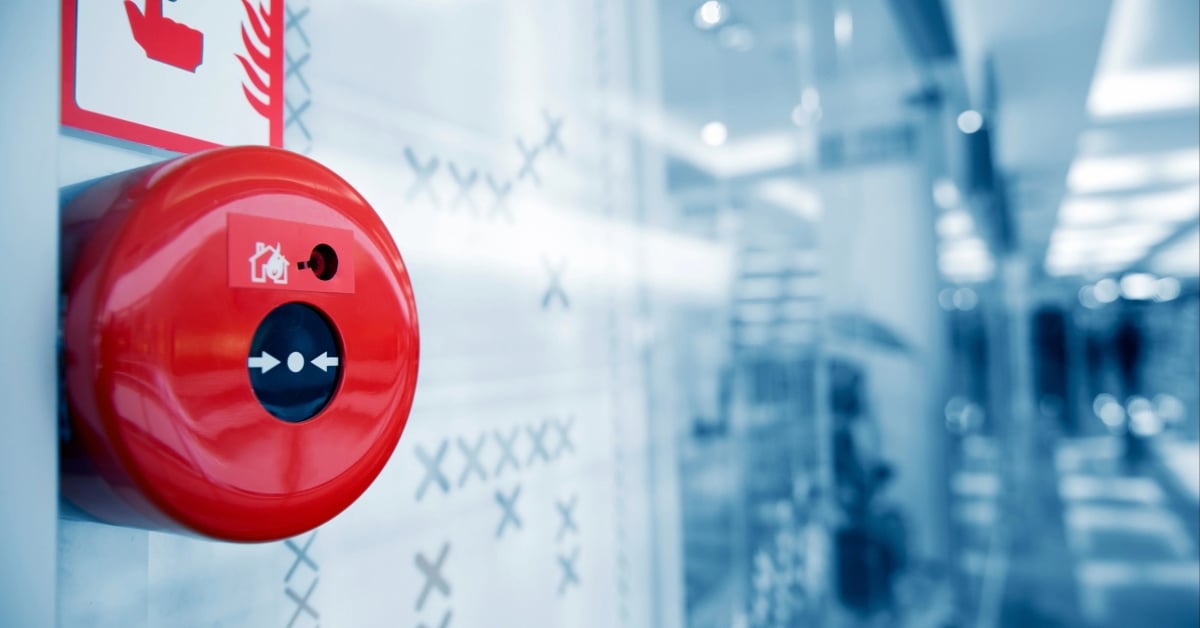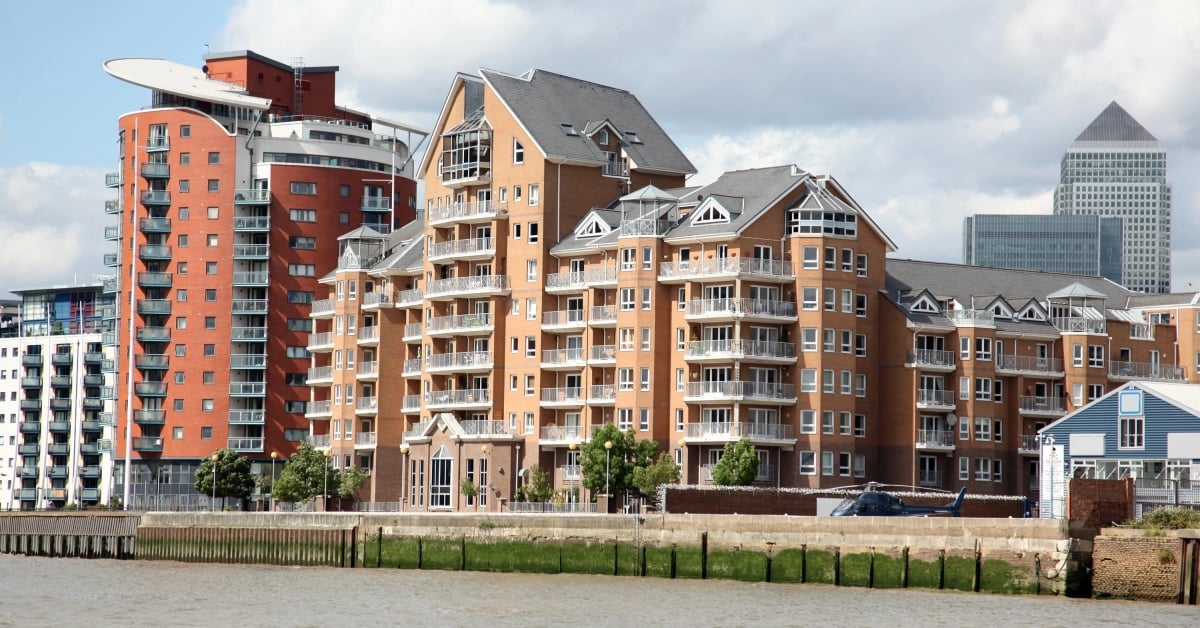Maintaining Fire Alarm Systems in Commercial Properties
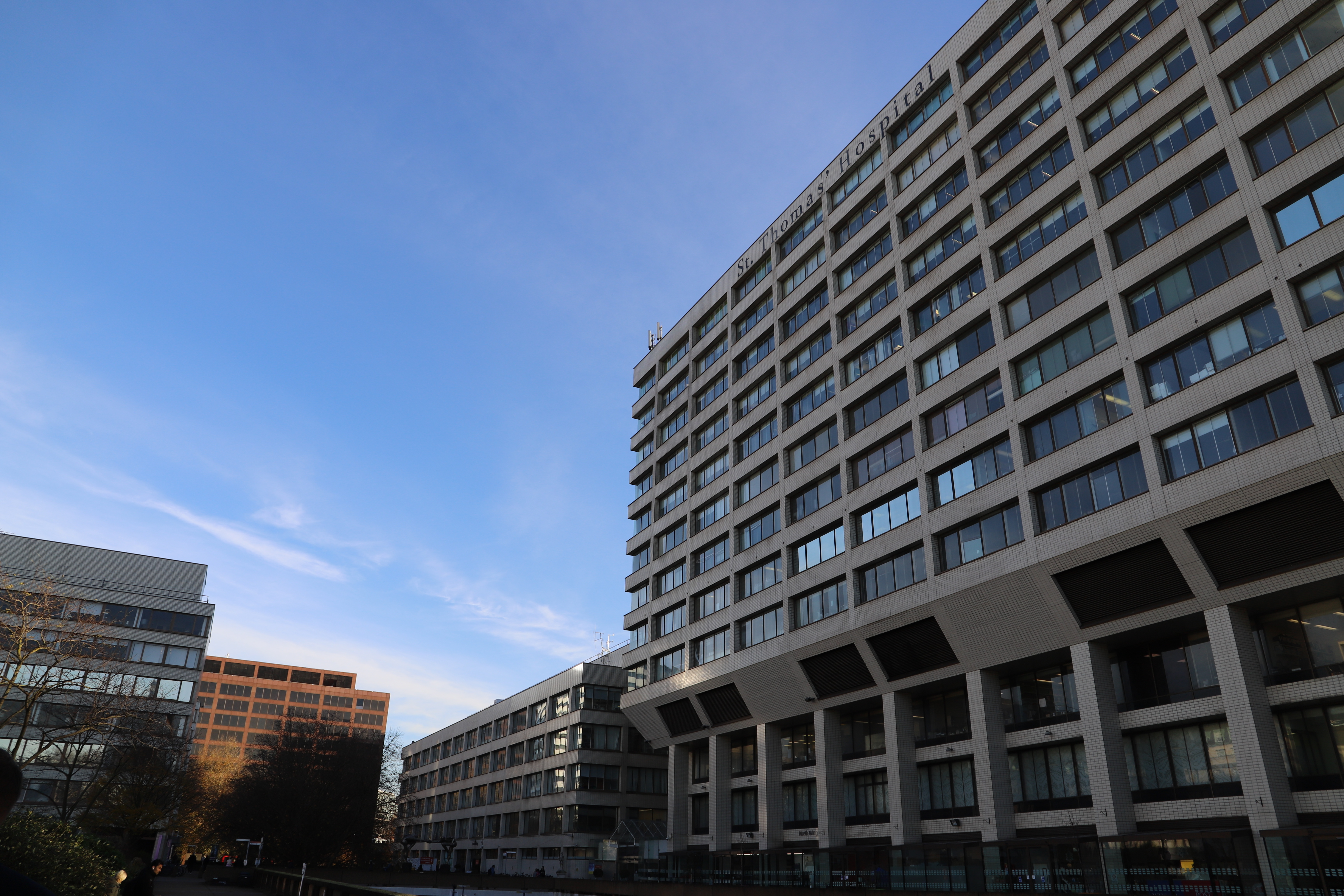
As the festive season fast approaches, many commercial properties, units and buildings experience extended closures or reduced occupancy and footfall due to holiday breaks. While this is a time for celebration, it also presents heightened risks when considering building and fire safety. Ensuring your alarm systems are properly maintained is more critical than ever to safeguard your property and assets during any closure.
Peace of Mind Through a Well-Maintained Fire Alarm System
A well-maintained fire alarm system offers reassurance that your property is equipped to detect and respond to any potential fire hazards effectively, even during periods of reduced activity, such as the upcoming holiday closures. By ensuring your system is regularly inspected, tested, and serviced, you can minimise the risk of faults, false alarms, or failures during an emergency.
Knowing that your fire alarm system is compliant with UK fire safety legislation and maintained to the highest standards offers peace of mind to business owners, managers, and any occupants. It assures you that your property, staff, and assets are protected, even when the building is unoccupied. This proactive approach helps to safeguard lives, prevent significant financial losses, and maintain the trust of employees and stakeholders.
Essentially, investing in maintenance ensures you meet the current legislation and provides peace of mind that your fire alarm system will function as intended when its needed most.
What does the Legislation say?
Under the Regulatory Reform (Fire Safety) Order 2005 (RRO), the "Responsible Person" for a commercial property is legally required to ensure that fire safety measures, including alarm systems, are maintained and in full working order. This obligation does not pause during holidays.
With fewer people on-site to spot any potential hazards, a well-maintained fire alarm system becomes even more crucial. Regular testing and servicing, as outlined in British Standards (BS 5839-1), can help detect and address any issues before they may become critical, ensuring compliance and protecting your business during any extended closures.
Why Having a Well-Maintained Alarm is Critical During Closures
1. Heightened risk when buildings are unoccupied: It is estimated that around 60 fires per day occur in or near empty properties in the UK
2. Reduced On-Site Presence: Empty buildings mean a delayed response to fires, making early detection systems even more vital.
3. Insurance Requirements: Many insurers require evidence of fire alarm maintenance to validate claims, especially during periods of low activity.
4. Peace of Mind: Knowing your fire alarm system is fully operational allows you to enjoy the holiday period without worrying about the safety of your property.

Choosing the Right Fire Alarm System for Your Property
Selecting the appropriate fire alarm system for your commercial property is a crucial step in ensuring fire safety and compliance. The "right" system depends on the size, layout, and specific risks associated with your building, as well as the activities conducted within it.
Here are key factors to consider when making your choice:
Which Fire Alarm Category is right for your property?
- Category M Systems: Manual systems requiring activation via call points. Suitable for smaller properties with clear evacuation routes.
- Category L Systems: Automated detection systems designed to protect life, with subcategories tailored to different risks:
- L1: Covers all areas of a building, offering the highest level of protection.
- L2 and L3: Protect escape routes and specific high-risk areas.
- L4 and L5: Focus on defined areas or risks as determined by a fire risk assessment.
- Category P Systems: Designed to protect property, these systems often include remote monitoring to alert emergency services even when the building is unoccupied.
- P1: This system is installed throughout the building to provide maximum protection.
- P2: This system is installed in specific areas of the building that are considered high risk.
Complete a Tailored Fire Risk Assessment
Category P1 and L3 are the most common alarm systems used in commercial properties, but it is imperative that you do identify the best system for your property by fulfilling a Fire Risk Assessment (FRA). Every commercial property is unique, and a tailored FRA is essential to identifying the most suitable system. The FRA should consider specific hazards, building layout, and occupancy, ensuring that the chosen system addresses both legal requirements and practical needs of your property and business.
Ventro work closely with Firntec, A building safety surveying consultancy firm are who provide an array of leading building safety surveying services across the UK.
Considerations for Your Property
1. Building Layout and Use: Complex buildings or those with multiple uses would benefit from addressable systems that pinpoint the location of a fire within the property.
2. Occupancy Levels: Buildings with high occupancy or vulnerable occupants, such as care homes or schools, require systems designed for rapid and clear evacuation alerts.
3. Integration with Other Systems: In larger or multi-use properties, integrating fire alarms with emergency lighting, access control, or sprinklers can provide comprehensive safety coverage. As Building compliance experts, Ventro can maintain both fire and security alarms.
4. Wireless vs. Wired Systems: Wireless systems are easier to install in older buildings where cabling might be disruptive, whereas wired systems are often more cost-effective.
Compliance and Futureproofing
Ensure your system meets British Standards, such as BS 5839-1 for non-domestic premises. Additionally, consider scalability, choosing a system that can adapt to future changes in your property or operations will save costs and reduce potential downtime.
A correctly chosen fire alarm system not only provides protection but also ensures peace of mind, knowing your property and occupants are safeguarded to the highest possible standards. Regular reviews of your system, alongside maintenance, ensure it continues to meet the demands of your evolving business needs and evolving regulations.
Who is Responsible for Fire Alarm Maintenance?
The responsibility for maintaining fire alarm systems lies with the designated "Responsible Person," as outlined in the RRO. This could be the property owner, employer, or managing agent. They are tasked with ensuring systems are inspected regularly, records are kept up to date, and any issues are resolved promptly.
During Christmas and other closures, this responsibility becomes even more critical. Arranging maintenance before the holiday break ensures your property is protected during closures, and any potential issues are addressed in advance.

Trust Ventro to Keep Your Property Safe
Ventro’s comprehensive fire alarm maintenance services ensure your system is compliant, operational, and ready to safeguard your property during extended closures. From testing and servicing to real-time reporting and support, we provide the expertise you need to keep your properties protected.
Sign up for fire safety updates
You'll receive all the latest news and blogs straight to your inbox.


